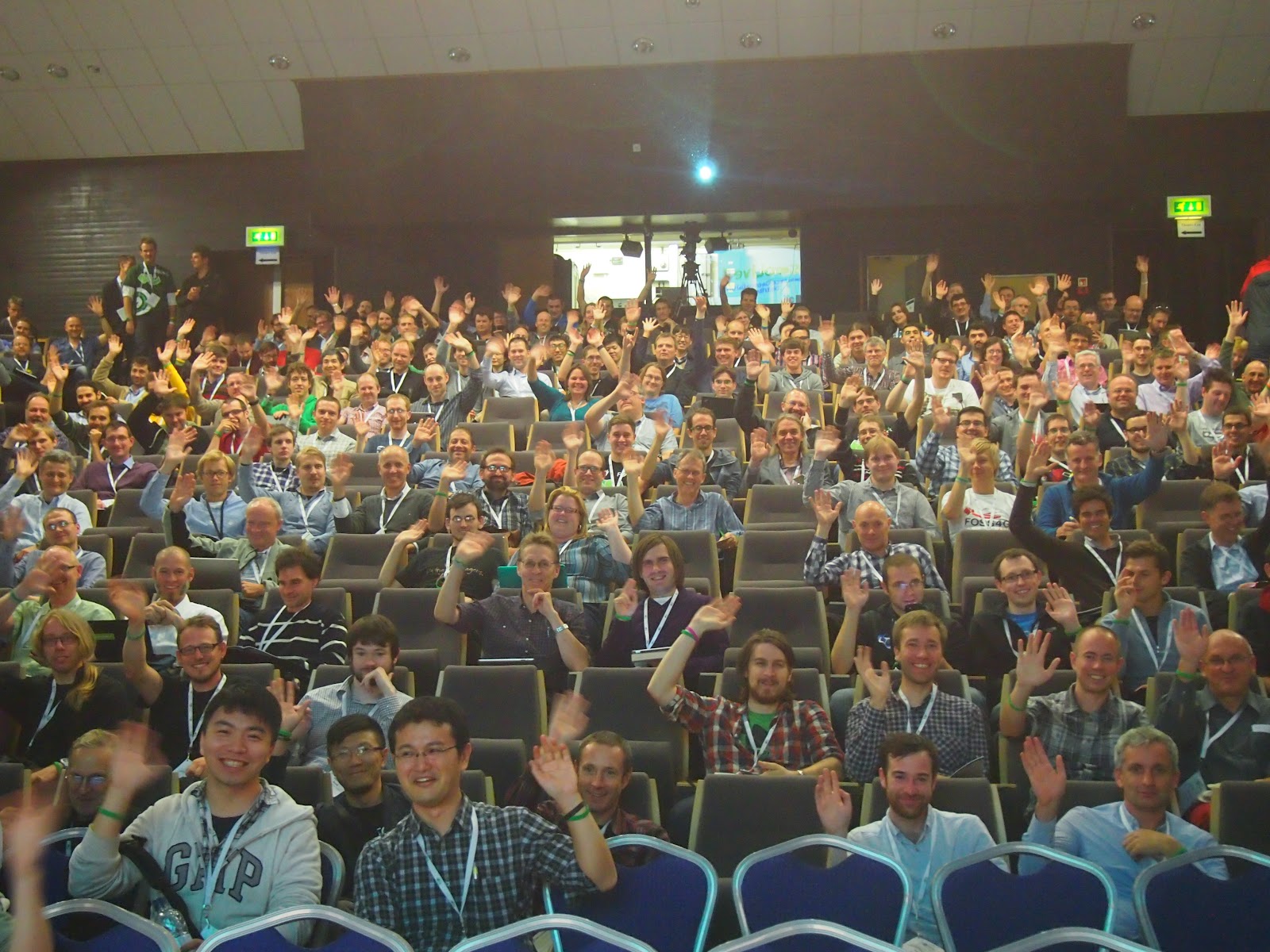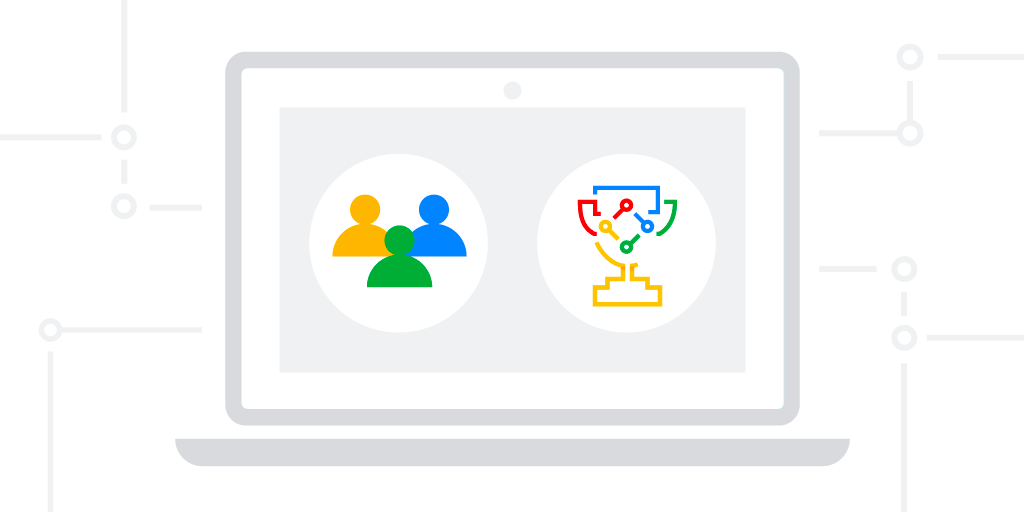Recently, I was awarded a Google Open Source Peer Bonus, which I’m grateful for, as it proved to me that one can contribute value to open source projects, and build a career in it, without extensive experience coding. So how can someone with limited coding skills like me contribute to open source in a meaningful way?
Documentation
Documentation is important across open source and especially helpful to those who are new to a project! Developers and maintainers of projects are often focused on fixing bugs and improving the software. Therefore, documentation is harder to prioritize, so contributions to documentation are highly appreciated. Being experienced with applications won’t always help you in writing the documentation, since familiarity can cause you to miss a step when creating the doc. This is why, as a beginner, you are in an excellent position to ensure that instructions and step-by-step guides are easy to follow, don’t skip vital steps, and don’t use off-putting language.
If you have the opportunity to get involved in programs like
Season of Docs as a mentor or a participant, as I did in 2019, the experience is hugely rewarding!
Events and Conferences
If you can help with mailing lists or organizing events, you can get involved in the community! In 2006, I became involved with the nascent Open Source Geospatial Foundation (OSGeo), where I was persuaded to set up a local chapter in the United Kingdom (going strong 14 years later!). It was one of the best things I could’ve done. This year we hosted a global conference (FOSS4G) and several UK events, including an online-only event. We’ve also managed to financially support a number of open source projects by providing an annual sponsorship, or by contributing to the funding of a specific improvement. I’ve met so many great people through my involvement in OSGeo, some of which have become colleagues and good friends.
 |
The group meeting at FOSS4G 2013 in NottinghamAdd caption
|
If you’re interested in writing case studies, you can always speak about your experiences at conferences. Evidence that particular packages can be used successfully in real-world situations are incredibly valuable, and can help others put together business cases for considering an open source solution.
Assisting others
Sometimes the problems you face with technology can be experienced by money, and by open-sourcing your solution you could be impacting a lot of people. When I first started using open source software, the packages I needed were often hard to install and configure on Windows, having to be started using the command prompt, which can be intimidating for beginners. To scratch a problem-solving itch, I packaged them up onto a USB stick, added some batch files to make them load properly from an external drive, added a little menu for starting them, and Portable GIS was born. After 12 years, a few iterations, a
website and a
GitLab repository, it has been downloaded thousands of times, and is used in situations such as disaster relief, where installing lots of software rapidly on often old PCs is not really an option.
Mentoring Others
Once you are proficient in something, use your knowledge to help others. Some existing platforms for software use and development (online repositories like GitHub or GitLab) are extremely intimidating to new users, and create barriers to participation. If you can help people get over the fear-inducing first pull request, you will empower them to keep on contributing.
My first pull request was a contribution to the
Vaguely Rude Place-names map back in 2013 and since then I’ve run few training events along a similar line at conferences.
Open source is now fundamental to my career—16 years after learning about it—and something I am truly passionate about. It has shaped my life in many ways. I hope that my experiences might help someone who isn’t versed in code to get involved, realizing that their contributions are equally as valuable as bug fixes and patches.
By Jo Cook, Astun Technology—Guest Author








